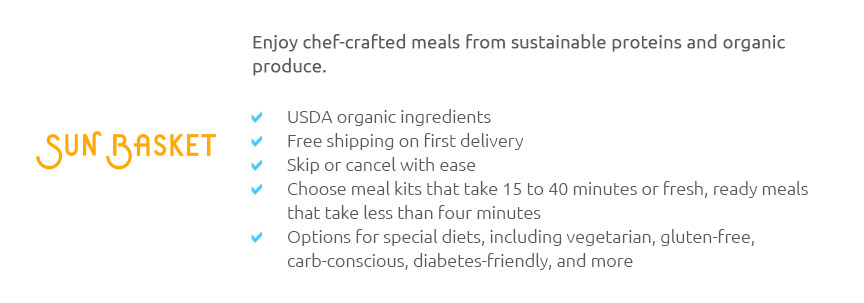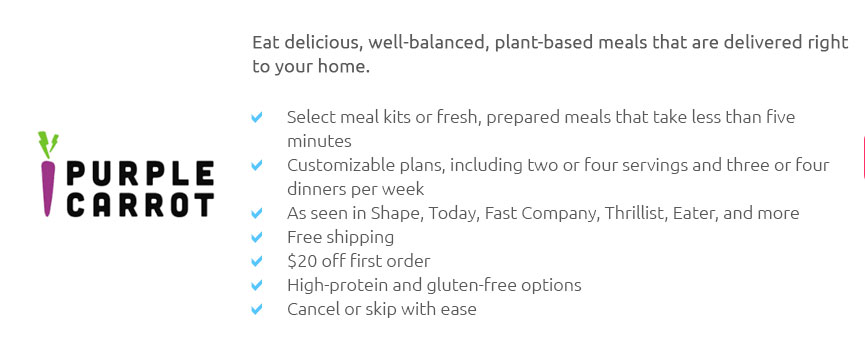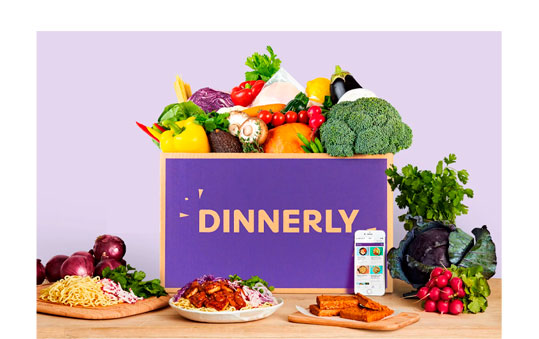 |
 |
 |
|---|
 |
|---|
 |
||||||
|---|---|---|---|---|---|---|
|
||||||
 |
 |
|||||
 |
 |
|||||
 |
 |
|||||
 |
 |
|||||
 |
 |
|||||
 |
 |
|||||
 |
 |
|||||
 |
 |
|---|
Exploring the World of Online Food Meal DeliveryThe rise of online food meal delivery services has been nothing short of revolutionary, transforming the way people dine and how they manage their time in today’s fast-paced world. With a rich array of options at their fingertips, consumers are increasingly drawn to the convenience and variety offered by these platforms, which are steadily becoming a staple in modern life. From the bustling streets of New York to the quiet suburbs of Paris, the popularity of meal delivery services continues to soar, catering to diverse tastes and dietary needs. The convenience factor cannot be overstated. For busy professionals and families alike, the ability to have a delicious meal delivered to their doorstep is a significant time-saver. The daily grind often leaves little room for meal preparation, making the services of companies like Uber Eats, DoorDash, and Deliveroo not just convenient, but essential. These platforms offer an extensive range of cuisines, from Italian and Chinese to vegan and gluten-free options, ensuring there is something to satisfy every palate. Moreover, the quality of food has seen remarkable improvements over the years. Initially criticized for delivering lukewarm or soggy meals, these companies have invested heavily in technology and logistics to enhance the customer experience. Insulated packaging and real-time tracking are now standard features, ensuring meals arrive hot and fresh. This commitment to quality has been pivotal in gaining consumer trust and loyalty.
However, the industry is not without its challenges. Environmental concerns are increasingly at the forefront, as the packaging used for deliveries often contributes to waste. Companies are striving to address this by adopting sustainable practices, such as biodegradable packaging and encouraging customers to recycle. Furthermore, the gig economy on which these services rely raises important questions about labor rights and fair wages for delivery drivers. Balancing profitability with ethical responsibility remains a significant hurdle for the industry. In conclusion, while online food meal delivery services have undoubtedly enhanced the convenience and accessibility of dining options, consumers must weigh these benefits against potential environmental and ethical impacts. As the industry continues to evolve, it will be interesting to see how these companies adapt to meet the changing demands of a more environmentally conscious and socially aware customer base. For now, however, the allure of having gourmet meals delivered to one's door shows no signs of waning, cementing these services as a cornerstone of modern dining culture. https://www.homechef.com/?srsltid=AfmBOorT0snAPsUaz9Annw9fXetlR0lUkb7WfYsN4Dcebn-IR4L_OWfN
Our weekly deliveries of fresh, perfectly-portioned ingredients have everything you need to prepare home-cooked meals in about 30 minutes. https://www.blueapron.com/?srsltid=AfmBOoqbEpjCOm-laT73FjybnCqG9p0H2m6JF6096j_YAoE-NPWOooiq
Discover affordable culinary delights with Blue Apron's meal kits and prepared & ready meals now featuring the same fresh ingredients you love. https://www.bonappetit.com/story/best-meal-delivery-services?srsltid=AfmBOooJCZnmWq9Y3jZ9gXxHd8hm9ijs-XETvg2fp2uSn94VeAMMzefa
Purple Carrot is one of the most user-friendly meal kits I've tried. The process is incredibly simple: Just pick how many meals you want per ...
|
|---|


